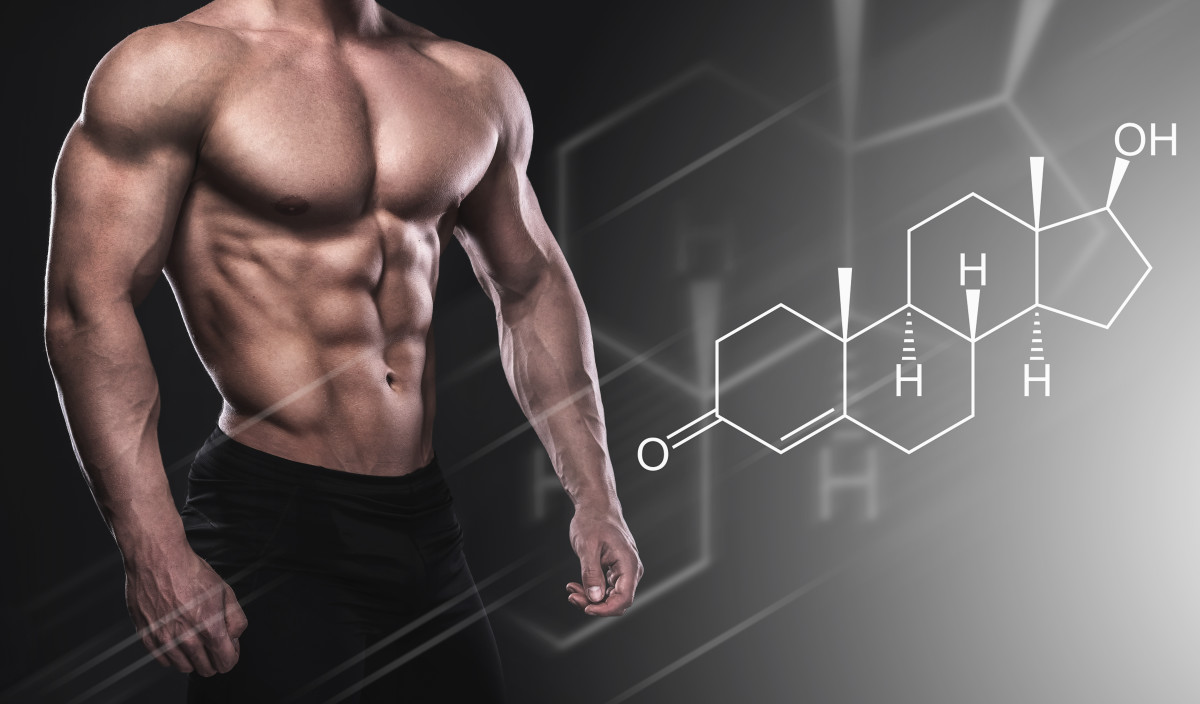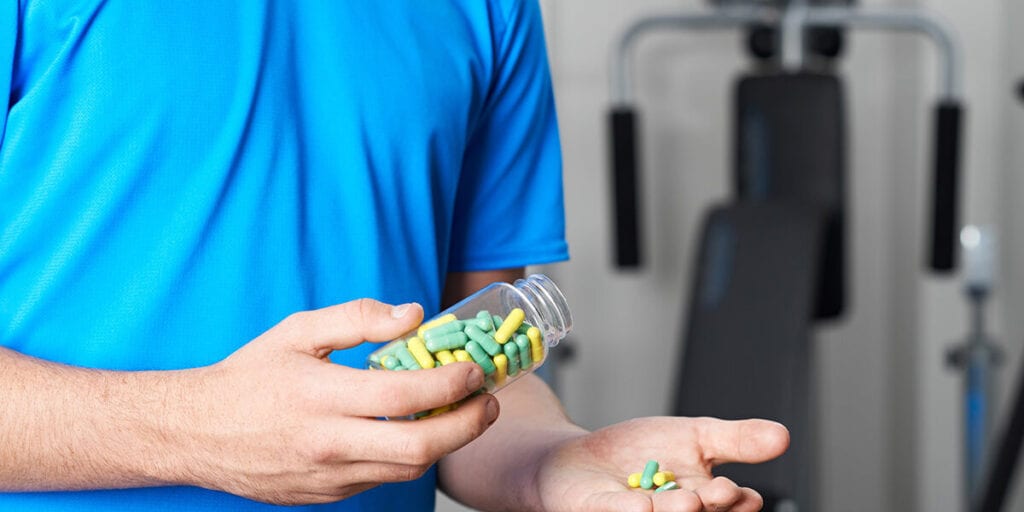Effects of Testosterone on the Body & Some Common Myths – 2024 Guide

Testosterone is a hormone produced mainly in men’s testicles and the ovaries and adrenal glands of women. This hormone is essential for the growth and development of male characteristics.
For women, testosterone content is much lower. During adolescence and early adulthood, testosterone production increases approximately 30 times.
After early adulthood, these levels will naturally decrease each year. After age 30, your body can drop production gradually.
Healthy adults, mostly men, are searching for alternative ways to raise testosterone levels, which improves libido, enhances lean muscle, and enhances athletic efficiency.
To accomplish these goals, alternative medicine continues to evolve as an efficient solution.
According to tongkatfitness.com Tongkat Ali (TA) is a medicinal herb, also identified as Eurycoma Longifolia Jack, which has been shown to improve amounts of hormones and other medical benefits.
How Does Testosterone Affect the Body?

A significant male hormone is called testosterone. During adulthood, testosterone levels increase, a spike in the later phases of maturity, and then stabilize. Around 30+ years of age, it is common for males, testosterone levels to decrease marginally every year.
Testosterone levels in most men are more than adequate. The body, however, does not contain enough testosterone. This is due to a disorder called hypogonadism.
With hormonal treatment, which needs medication and close supervision, you can cure it. Men with natural levels of testosterone should not consider the treatment for testosterone.
Testosterone levels influence everything in males, from the endocrine cycle and sexual activity to muscle mass and strength. It also serves as an aspect of certain behavioral patterns.
Endocrine System
The human body’s endocrine system is made up of glands that contain hormones. In the brain, the hypothalamus signals the pituitary how much hormone the body requires.
Then the pituitary signals the testicles with details. In the testicles, enough testosterone is generated. However, a tiny portion comes from the adrenal glands, which are immediately situated above the kidneys.
The adrenal glands and cervix contain tiny levels of testosterone in females.
Before a boy is born, testosterone begins to accumulate in the male sex organs. During adolescence, testosterone is accountable for producing male traits, such as deeper voice and pubic and facial hairs. It can also promote muscle mass and libido.
Reproductive System

During puberty, the testicles and penis also grow as testosterone production increases. The testicles produce a constant flow of testosterone and provide fresh semen every day.
Men with low testosterone levels can experience erectile dysfunction (ED). Long-term treatment with testosterone can reduce sperm production.
Testosterone therapy can also cause the prostate to enlarge and the testicles to become smaller and softer. Doctors should not consider testosterone replacement treatment for men with prostate cancer.
Sexuality
In puberty, elevated estrogen levels stimulate the development of scrotum, foreskin, and pubic hairs. The voice begins to deepen, muscles and body hair grow along with these changes, and libido increases.
People with low levels of testosterone can lose the sex drive they have. Sexual arousal and sexual intercourse contribute to elevated testosterone levels.
If you are not sexually active for extended periods, the testosterone levels can decrease. Low estrogen levels may also induce erectile dysfunction (ED).
Central Nervous System (CNS)

The human body has a testosterone control system that sends information through hormones and chemicals released into the blood.
It also helps stimulate competitiveness and improve self-esteem. Just as sexual activity affects testosterone levels, participating in a competition can also increase or decrease testosterone levels in men.
Low levels of testosterone can cause a loss of self-confidence and a lack of motivation. It also reduces a man’s ability to concentrate or cause sadness. Low testosterone levels can lead to sleep disturbances and a lack of energy.
You should note that testosterone is only one factor in personality traits. Other biological and environmental factors are also involved.
Circulatory System
Testosterone passes through the bloodstream. The only method you can measure your testosterone level is by testing it. Normally, this includes a blood test.
To produce hemoglobin, testosterone activates the bone marrow. Also, evidence indicates that testosterone can have a beneficial effect on the heart.
However, some studies on testosterone’s ability to affect cholesterol, blood pressure, and blood clots have produced mixed results.
New trials have contradictory findings and are still underway when it comes to hormone treatment and heart therapy. Intramuscular testosterone therapy can increase the number of blood cells.
Testosterone replacement therapy’s other side effects include fluid retention, increased red blood cells, and cholesterol level changes.
Myths about Testosterone

Testosterone causes antisocial behavior. Testosterone can cause a bad reputation due to social bullying, aggression, lack of good relationships with others, abuse from others, etc.
Swiss researchers found that men with high testosterone levels behaved more fairly in bargaining games than men with lower testosterone.
The results surprised researchers who believed that men with high testosterone levels would have more antisocial and unethical behavior.
Testosterone will make you mad. This is perhaps the most common myth about testosterone. The fact is, there is no concrete evidence that high levels of testosterone can cause outbursts of anger and violence.
The opposite is true. Low testosterone, instead of high testosterone, causes male anger and irritability. As mentioned above, low testosterone levels are associated with depression in men.
The two main symptoms of depression in men are anger and irritability. So if you are angry for a long time, it may be due to low testosterone.
Testosterone can cause prostate cancer. Since the 1940s, high testosterone levels have been generally recognized as a cause of male prostate cancer in medicine.
Stress can affect your performance in bed. Although you can fix it by maintaining your testosterone level. Check out how to last longer in bed right here!
Conclusion
Research has shown that testosterone supplements help reduce body fat, increase muscle mass and strength, and improve sexual function.
However, prescription and even over-the-counter testosterone supplements can have adverse effects on health, in part because athletes and bodybuilders abuse them.
Maintaining a healthy level of testosterone is essential for optimal body function. Alternative medications and herbs like Tongkat Ali (TA) seem helpful and are also natural ways to increase this hormone. Further human clinical trials are recommended to prove their effects.




